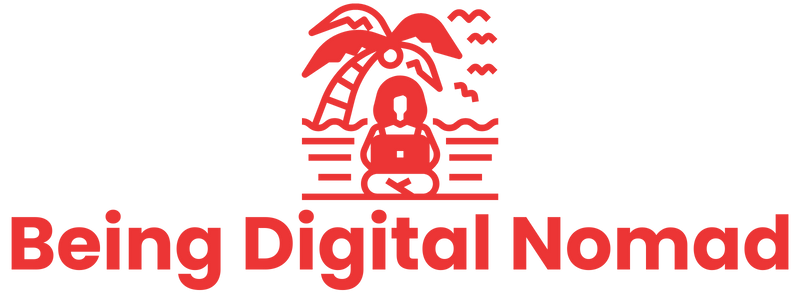Key Takeaways
- Generation Z is redefining work dynamics, valuing personal fulfilment and flexibility over traditional office setups.
- Individuals like Carly Koemptgen showcase the trend toward remote work, prioritizing mental well-being while pursuing diverse career paths.
- Embracing a nomadic work culture presents opportunities for companies but demands strategies for network security and tax compliance.
The traditional office workspace is becoming a relic for the new generation. Generation Z, craving flexibility and work-life balance, is reinventing the concept of workspaces and turning global landscapes into their personal offices.
The New Norm: Living to Work or Working to Live?
According to a report published by Australian News, Carly Koemptgen, a 26-year-old digital nomad, exemplifies this trend. Tired of the constraints of the conventional work environment, she left her stable job at an agency. Seeking to prioritize her mental well-being, she embraced a life where she could work from anywhere, and she chose the picturesque landscapes of Australia and New Zealand.
“I realized I wanted to work to live rather than live to work, which is why I quit my full-time job and started freelancing,” she said, as per the report. By adopting this approach, she discovered the beauty of flexibility. “Traveling around Australia and New Zealand in a van, it’s become clear to me that it is possible to pick and choose the roles that appeal to me and do jobs from literally anywhere,” she explained to news.com.au. “I don’t have to compromise my happiness for the hustle.”
The motivation behind such a transition? The quest for personal fulfilment over the grind of corporate hustle.
Gen Z: Pioneers of Digital Nomadism
The report noted that Koemptgen recognizes that her work approach might seem unconventional. However, she believes it resonates with the broader mindset of Generation Z. With a plethora of Gen Z workers showcasing their nomadic work life on social media, it’s evident that this generation is all about optimizing mental health and using technology for efficient and flexible work.
Koemptgen’s career shift has landed her a remote position with HR platform Deel. The job provides her with the financial stability she needs to sustain her chosen lifestyle. The experience has solidified her belief that success isn’t about high-end titles but about the freedom to live on one’s terms.
When asked if she’d consider returning to a traditional desk job, she maintains her current lifestyle suits her, but she remains open to future possibilities. “I would never say never, but my priority remains to have a career that suits my lifestyle, which could evolve,” Koemptgen reflects, per the report.
The Global Perspective on Nomadic Work
The report noted that Kylie Baullo, the managing director ANZ at ADP, views the surge in nomadic work culture as more than just a fleeting trend. She suggests that Australia is rapidly emerging as a hotspot for digital nomads.
Baullo urges companies to reassess their work policies in the face of this evolving trend. Offering flexibility can be a game-changer for companies, as it enhances job satisfaction and attracts a broader talent pool. However, she also points out potential challenges, including ensuring secure access to company networks and navigating diverse tax systems.
Baullo’s stance on the matter is clear. While the social dynamics of office culture can be valuable, managers must ensure that their employees receive the necessary support, irrespective of their work location.
What We Think
The evolving work landscape mirrors a fundamental shift in priorities. Generation Z champions a lifestyle that prioritizes personal well-being, seeking fulfilment beyond conventional corporate settings.
Carly Koemptgen’s story reflects this trend, emphasizing the balance between work and life satisfaction. Companies adapting to this shift by offering flexibility will likely attract diverse talent. However, it’s crucial to navigate challenges like cybersecurity and taxation.
Balancing workplace culture with remote support is imperative in this dynamic era of nomadic work.
Learn more in the entire report published by Australian News.

